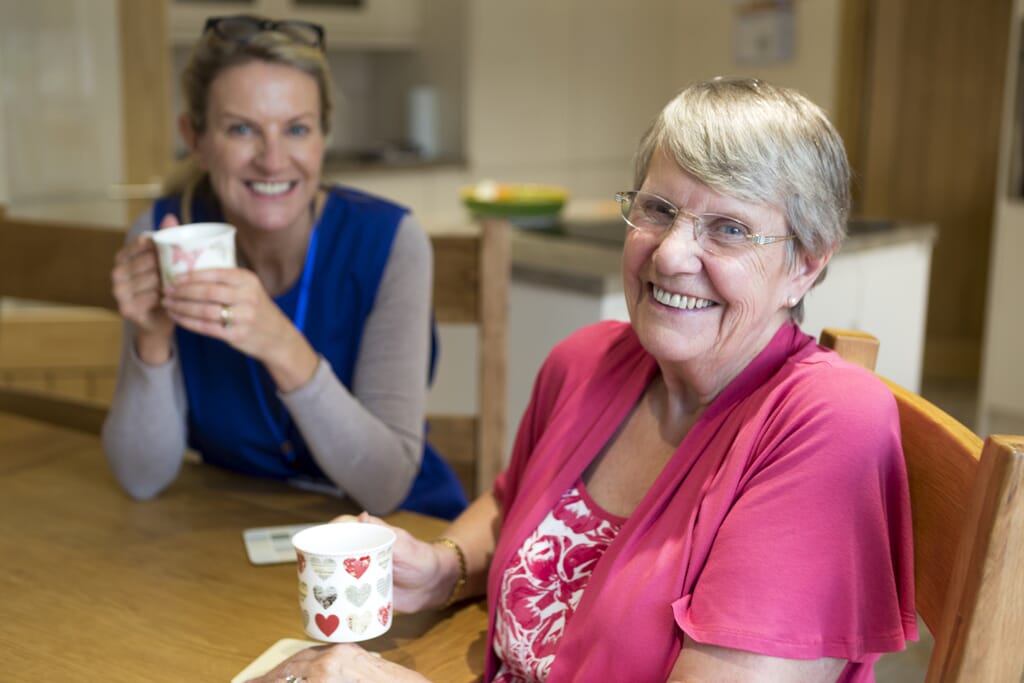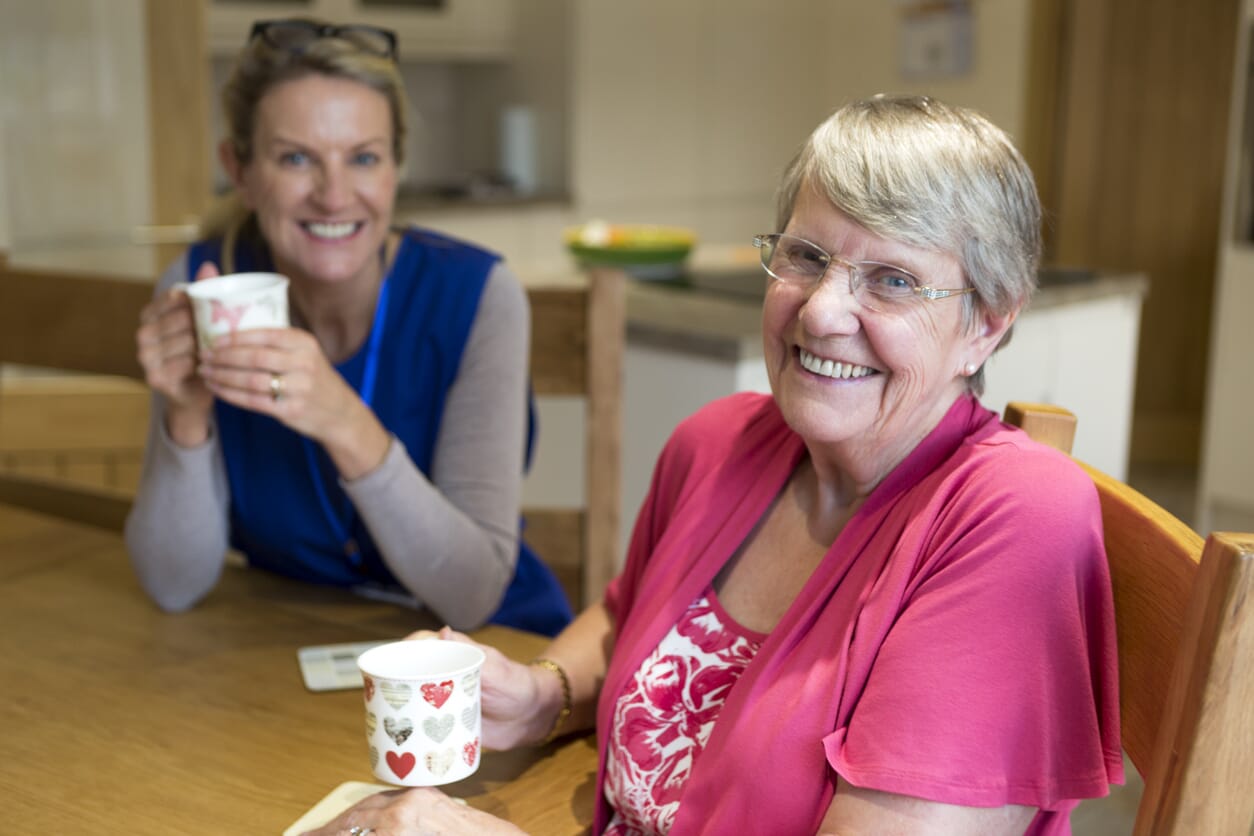Call: 01242 383 773 Or Email us

Supported Living
What is Supported Living Accommodation?

Supported living accommodation provides an empowering alternative to traditional residential care. But what is supported living accommodation, and is it the right option for you or a loved one?
Who is supported living for?
Supported living accommodation is designed for individuals with mental health issues, learning disabilities, physical disabilities, and those in their later years. The goal is to help people live more independently with the support of care staff.
How is supported living different?
At the heart of this approach is the person-centred philosophy. Rather than imposing a rigid care routine, the focus is on the person, their unique needs, and their goals. The services provided in supported living accommodation include support with day-to-day tasks, personal care, maintaining a tenancy agreement, and participation in social and community activities.
For many people who live with various disabilities, supported living accommodation offers an opportunity to lead fulfilling lives independently. Something that might be challenging in a conventional residential care setting. Instead of living according to an institution’s schedule, they have control over their lives and activities.
A support plan is created with their input to help them live comfortably at home. This includes help with cooking, cleaning, budgeting, and other tasks.
For those with a learning disability, this system is invaluable. A traditional residential care environment might not provide the flexibility and autonomy they need for personal development. In contrast, supported living services allow them to experience a sense of normalcy and independence.
Similarly, supported living accommodation can be a lifeline for individuals with mental health conditions. It provides a stable, familiar environment and the opportunity for consistent support, which can significantly improve mental health management.
Can it help people with physical disabilities?
In addition to mental health and learning disability, supported living accommodation benefits people with physical disabilities. Personal support is tailored to help them manage their physical needs while living independently.
Importantly, the provision of supported living services can vary. Some people require round-the-clock care, while others may only need help for a few hours daily. The beauty of supported living is its flexibility. It adapts to the needs of the individuals, helping them live their best lives independently.
Another critical aspect of supported living accommodation is the tenancy agreement. This gives the individual living in the property legal rights and security, further emphasising their independence and control over their lives.
Navigating the world of supported living might seem daunting, especially with the involvement of local authorities for funding and other concerns. However, understanding the essence of this system, its person-centred approach, and how it allows people living with various conditions to lead fulfilling lives in their own homes can make the process much easier.
Supported living accommodation is an innovative approach to care and support that focuses on the individual’s needs and desire to live independently. It provides a flexible, person-centred alternative to residential care. Particularly beneficial for people with mental health issues, learning disabilities, and physical disabilities.
By fostering an environment where everyone has the chance to lead a fulfilling, independent life. Supported living accommodation embodies the future of care services.
We are here to help
Using a reputable service provider is essential if you or a loved one are considering supported living services. At Safehands, our independent supported living team help vulnerable adults live a more fulfilling life with the support of expert care staff.
If you are thinking about care, our friendly advisors are ready to help guide you through the process. of finding the right care. Just call us on 01242 505415 or email us.




